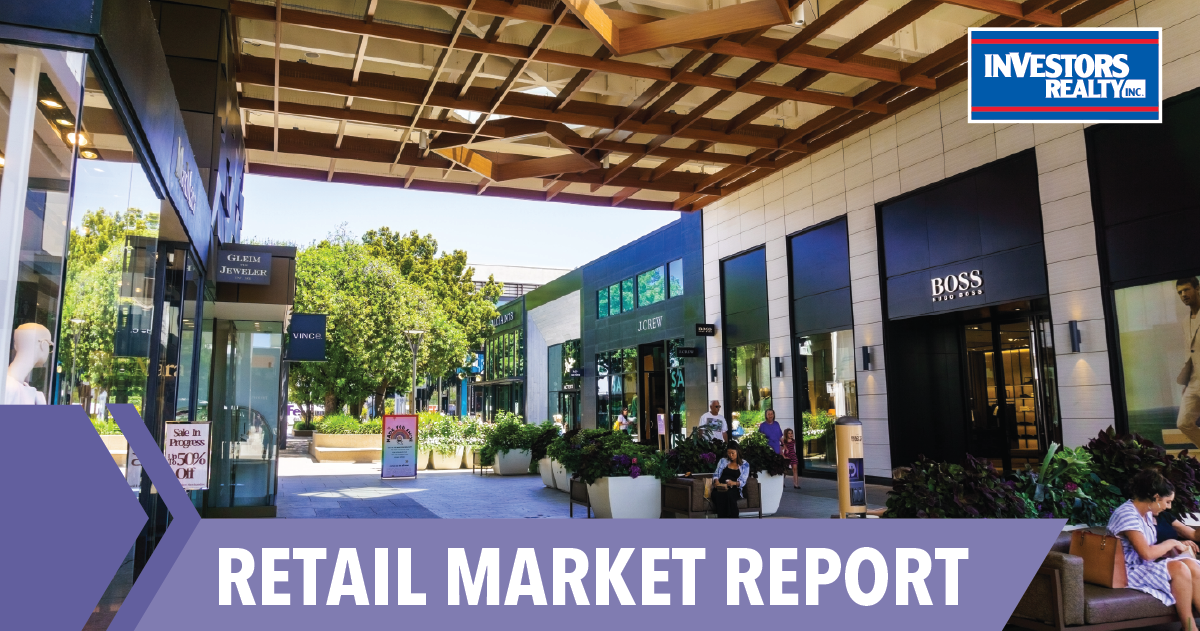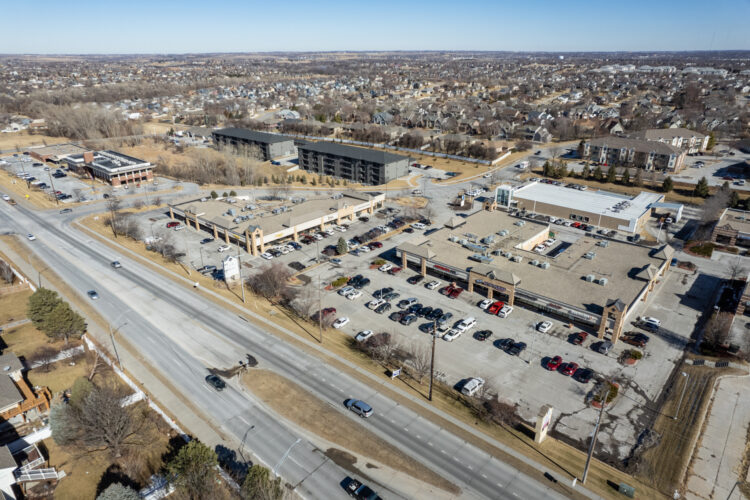Despite the market’s uncertainty, commercial real estate performed well overall in 2022. Consumer demand is strong, and many consumer retail businesses have healthy balance sheets. Among all sectors of commercial real estate, retail experienced some of the most significant drops in vacancy rates, down to 4.2% nationwide. Due to a lack of new supply, net absorption and rent price gains were substantial in the retail sector. Lack of new supply is due largely to strong demand mixed with supply chain issues and high material and labor costs. Locally, the word on the street is that contractors still have plenty of work, but the pipeline is not refilling like it once was. To date, they have not yet seen a significant correction in the cost of materials and labor as a result of corrective measures by the government to control inflation (rate hikes).
The retail sector is expected to remain strong and perform better than pre-pandemic levels. Strip malls in densely populated residential areas are doing well. Grocery stores, salons, fast-casual restaurants and other retailers are critical to the strong performance. Due to remote-work policies, growth in the brick-and-mortar stores will be driven mainly by smaller shops such as neighborhood centers. As the country navigates hybrid work, we’ll gain a clearer picture of how it affects retail real estate. Consumers like to shop locally as these neighborhood stores offer convenience and personal interaction close to home.
As retail evolves, COVID-19 testing clinics, medical providers and other tenants outside traditional retail categories may fill more retail shopping centers. And Class B and C traditional malls that continue to struggle may be prime candidates for reuse. Their locations and proximity to parking could be used for the development of market-rate and affordable housing. Many of these malls also have dock doors and clear heights compatible with industrial use, so they can be ideal for warehouses and fulfillment centers.
If you’ve been wondering why car washes are taking over the world, there is a reason. As consolidation activity ramped up in the highly fragmented car wash industry, several car wash operators have reached the size and scale required to attract both institutional and private investors. Their strong credit profiles, combined with the industry’s growth potential (via the membership model), the frenzied pace of private equity acquisitions, and the availability of 100-percent bonus depreciation on car wash properties, has tipped the scale to compel investors to aggressively pursue these net lease assets.
With inflation and interest rates looking to stabilize in 2023, consumer spending power should remain in place. Keep an eye on interest rate hikes, supply chain issues and geopolitical events that can change the current trajectory.
For additional details on the retail market, please click here.
These done deals appeared in our company newsletter in March of 2023. Please click here to download the entire newsletter.




